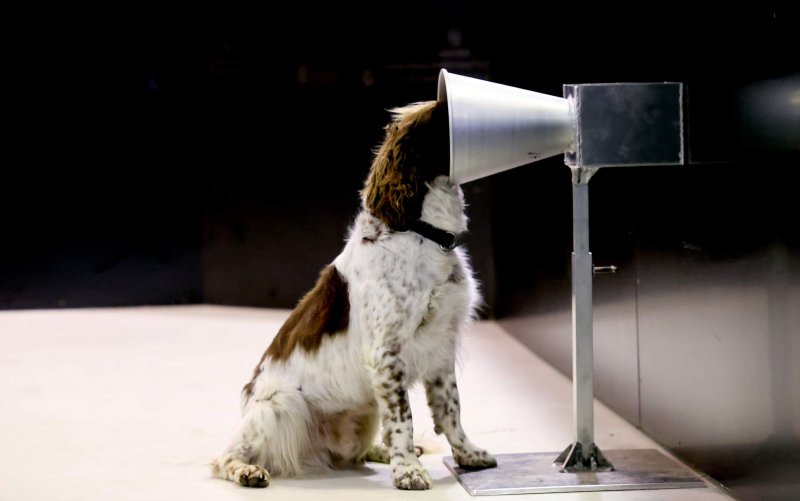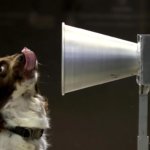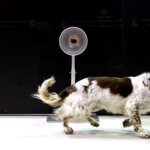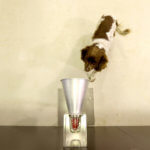There are various ongoing efforts to train sniffer dogs to detect covid-19, the disease caused by coronavirus. If dogs prove to be reliable in detecting the virus, scientists believe that they could provide low-cost, fast and reliable screening. Dogs would no doubt be an important help to their human friends, especially considering the testing problems that have been experienced in many parts of the world, including the U.S.
While we explain how sniffing out covid-19 might work, let us introduce you to Floki, an English springer spaniel in Australia. Floki is currently taking part in covid-19 detection training with researchers from the University of Adelaide.
How, exactly, you may be asking, can dogs detect whether someone has coronavirus? Well, they’re not exactly smelling the virus itself (if the dumb thing did have a smell, I would imagine it smells like sulfur). Past research has indicated that dogs can smell “specific volatile olfactory compounds,” or certain body odors, given off by people who have viral infections, according to the University of Adelaide.
Our body odor often changes when we’re sick. Some people with diabetes are described as smelling slightly like rotten apples.
According to [Anne-Lise] Chaber and [Susan] Hazel, when introduced to a line of sweat samples from people infected with covid-19, most dogs can distinguish positive samples from negative samples with 100% accuracy.







































